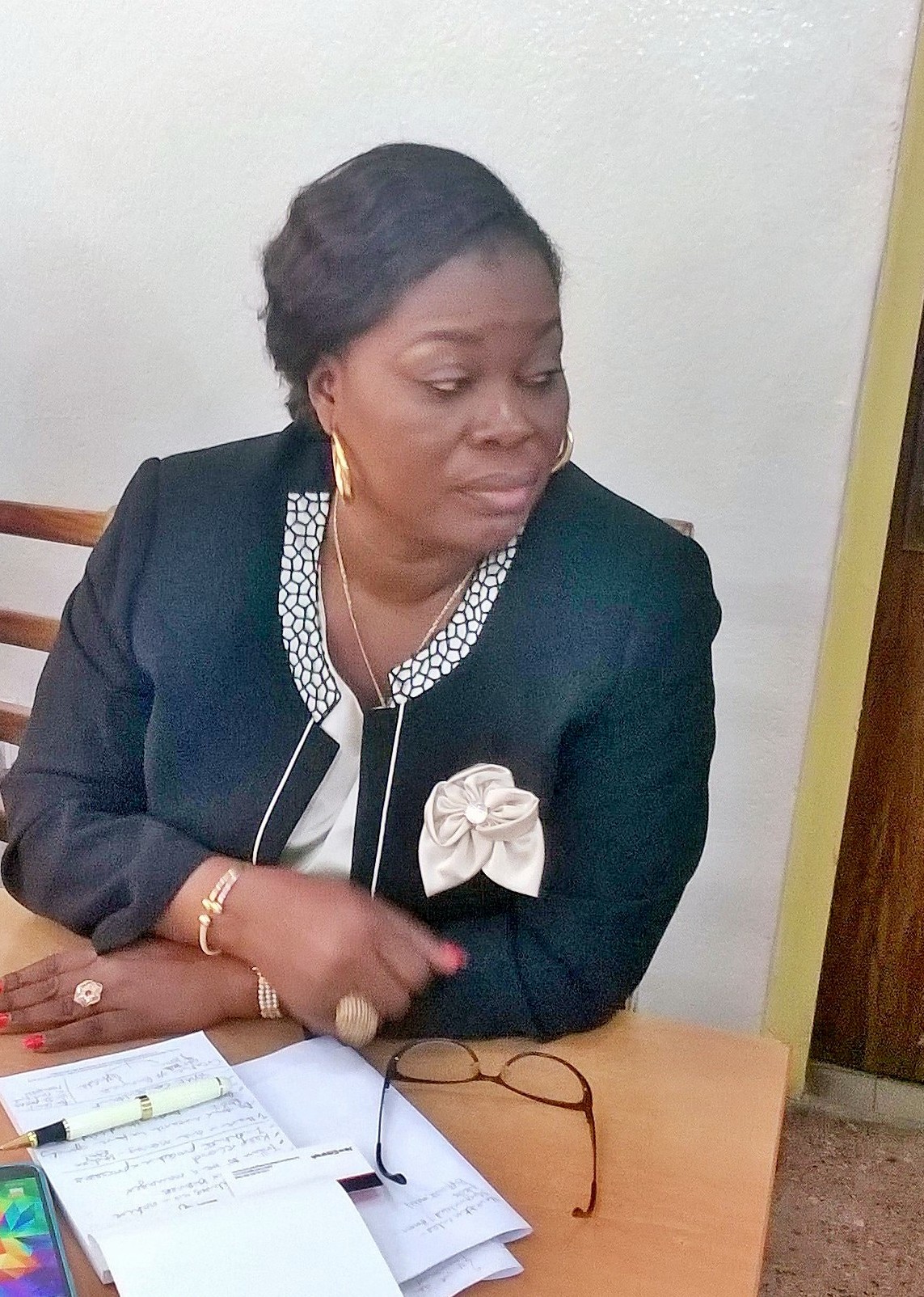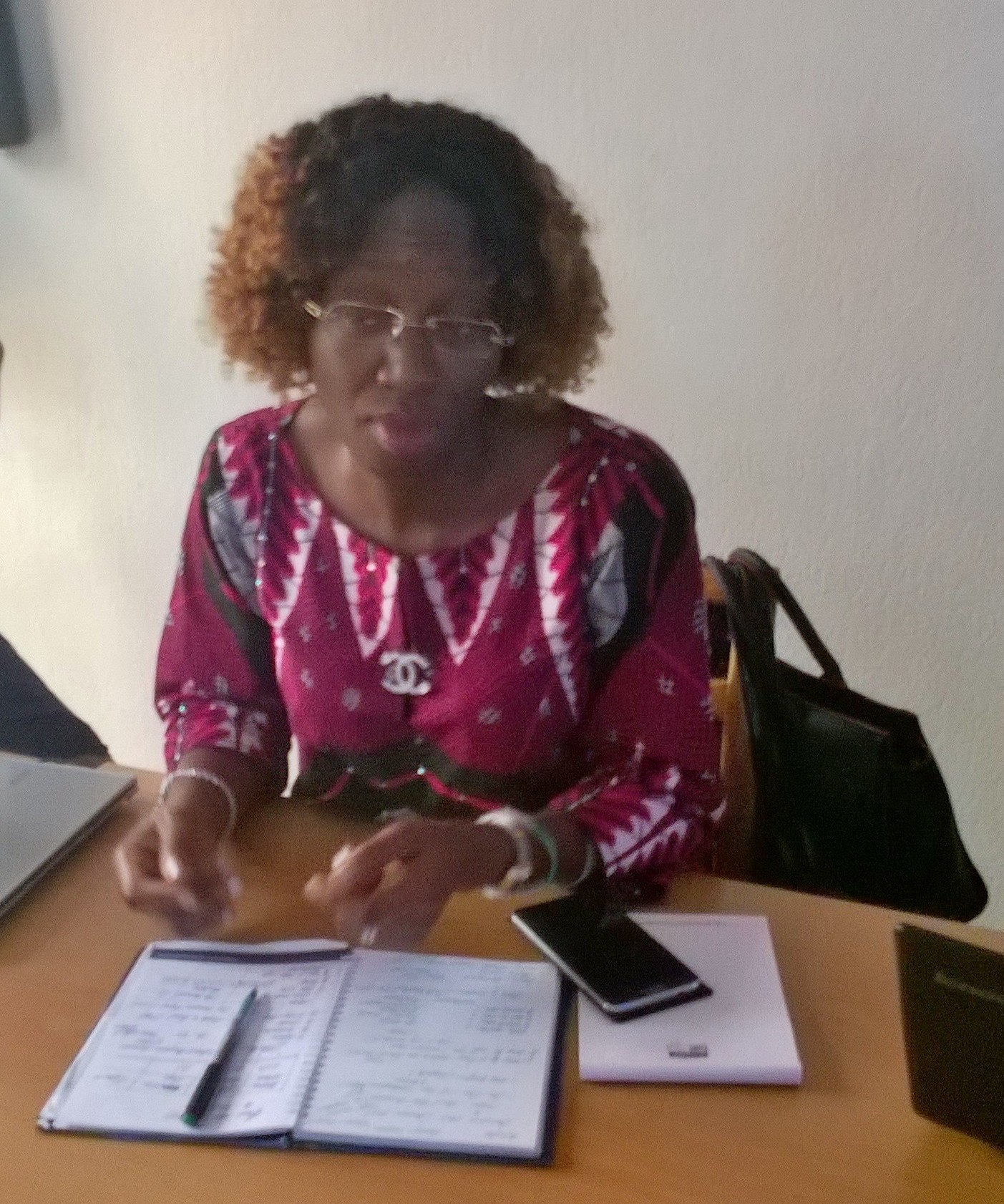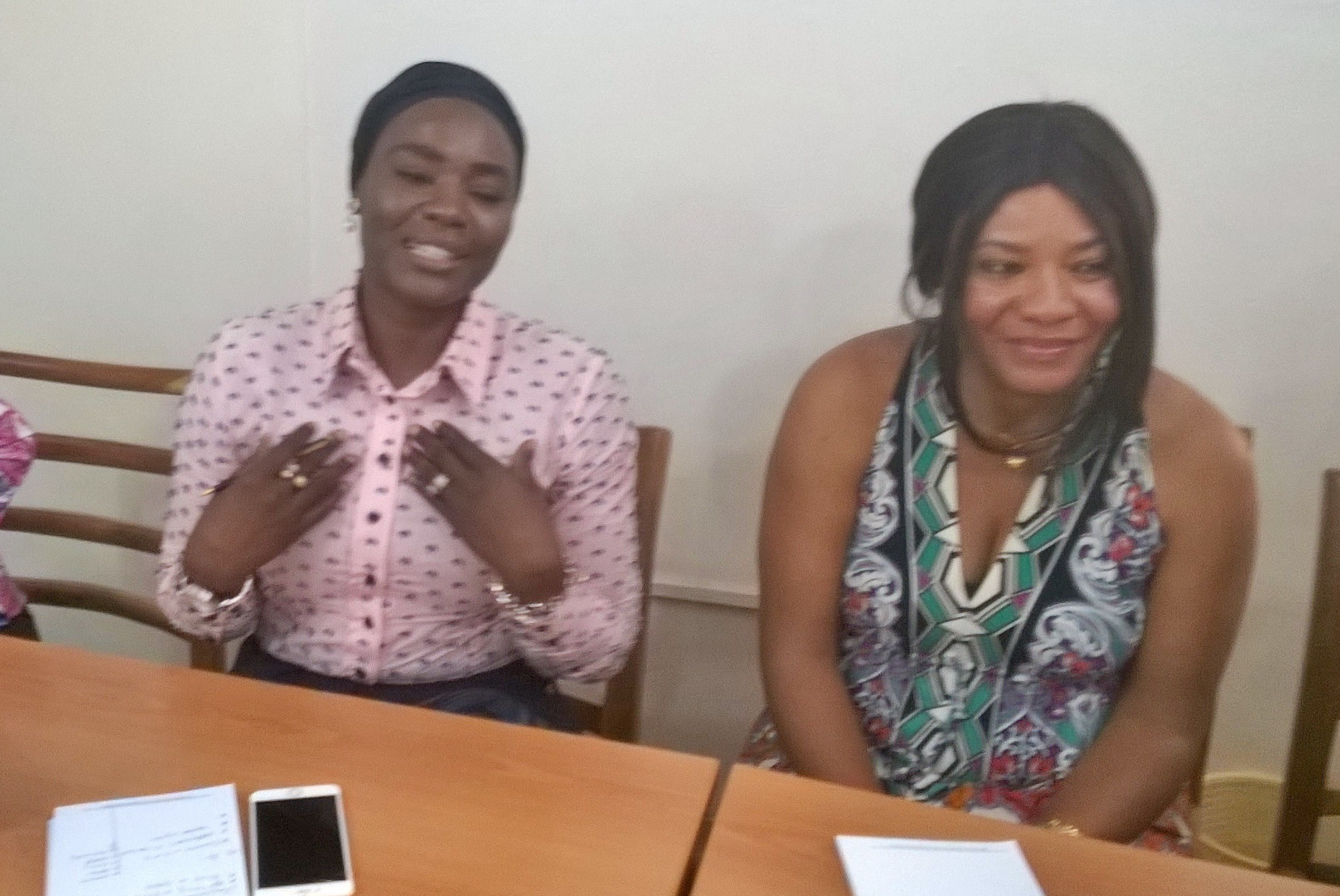Are women journalists marginalised? This was the topic of discussion at a round-table discussion organised by Journalism Clinic, a media training organisation in Lagos. Lande ABUDU reports on the outcome of the programme.
“Gentlemen of the press” was the title of a Broadway play in 1928. The following year, it was adapted into an all-talking film of the same title. What did male journalists do next? They simply assumed ownership of the four words and turned them into a catchphrase and wherever there’s a gathering of journalists, male and female, the salutation became: “Gentlemen of the press.”
Not on this 20th day of January, 2016, at The Hub of The Journalism Clinic, in Surulere, Lagos. The gathering was made up of 15 top flight female journalists, business service provider, bank Executive and creative professional and three male journalists. Meet the ladies: Dr Ibilola Amao, oil and gas consultant and writer; Oluwayemisi Mafe, corporate marketing communications/public relations specialist; Toki Mabogunje, lawyer and business support advisor; Oge Ekeanyanwu, copy editor/freelancer; Ireyimika Awala, writer; Funke Egbemode, newspaper chief executive; Victoria Ibanga, Editors’ Guild executive and Clara Chinwe Okoro, TV show creator, host and director.
Others are: Hadiza Olaosebikan, TV journalist and bank corporate communications executive; Funke Treasure Durodola, radio station GM; Ugonma Cokey, broadcast news director; Funke Osae-Brown, publisher, online luxury magazine; Morenike Taire, informed commentator and women’s page editor, Remi Adeoye and Rita Dokpesi, partners on a forthcoming Radio talk
show and Nike Sotade, a newspaper Assistant Editor. The gentlemen: Kanmi Ademiluyi, financial journalist and analyst; Pelu Awofeso, travel journalist and Taiwo Obe, journalism trainer, who convened the gathering, to discuss the seeming marginalisation of women in Nigerian newsrooms. Who’s marginalising whom, really? Just listen.
First, the highlights. Women are marginalising themselves. No, they are marginalised by nature.
No, they are marginalised by lack of capacity. No, they are marginalised by limitations.
Not really a consensus, because, of course, everyone has different perspectives about any issue, not even when they are of the same sex. But, what everyone seems to agree on is: women are under-represented at the C-Suite.
For instance, as at today, Funke Egbemode is the only chief executive and editor-in-chief of any newspaper in Nigeria. Mrs. Maiden Ibru, became the publisher of The Guardian, following the death of her husband, Alex, the founding publisher. Adesuwa Onyenokwe and Betty Irabor, with print and broadcast journalism backgrounds, publish their own magazines, on women, of course. Broadcasting fares just a little better, yet you can count the radio stations’ general managers who are broadcasters and female on the fingers of two hands.
In the online media space, even less so. Yet another consensus: women have to work hard to overcome the challenges of operating in a male dominated work environment; good things should come to those who diligently seek them. Egbemode, who is the MD of New Telegraph Newspaper, shared invaluable advice on her journey to the top. Her words, “the system of the newsroom does not recognise gender” caused a universal nod of heads.

In her experience, if a female journalist has a good story, an editor would find it hard to ignore. Much of what she says has stood her in good stead is the refusal to allow her gender to be a barrier. She believes that discipline and determination are top on the list for any woman who wants to succeed in the newsroom and other media. Choosing the right spouse/partner is also crucial. The wrong one can be the ruin of her career. As she put it, “we are not for all men. Only strong men can marry a female journalist.” She wasn’t referring to brawn, but the all-encompassing strength that comes with a capital C. A man that will be supportive of a female journalist partner must, above everything else, be confident in his own skin.
Dr Amoo stressed the importance of value creation and continuous learning. By excelling in your area of competence, you ensure that you are in a position to set the agenda.

Cokey who believes that marginalisation could be self-inflicted, talked about having clear goals and being focused from the outset. Women tend to associate the media with glamour and celebrity without thinking deeply about the sacrifices that will have to be made along the way. She walks the walk: even as agricultural science was one of her least favourite subjects while at school, she ended up covering this and reporting on the environment came about as a result of her reorienting herself and working hard to be taken seriously in the field. The d-word echoed in the room. Develop yourself, ladies.
Mabogunje recalled how she had to keep searching for free courses that would guarantee her advancement. If you wait for things to come to you, you might never succeed. You have to take the initiative. Ademiluyi, who actually was the first to contribute, and not because he’s a “gentleman of the press” said it was unfortunate that not a lot a lot has changed from over 30 years ago, when, a newsroom he was a founding member of, made no provision for childcare responsibilities aside from the macho culture in newsrooms.

Discussions did not centre only on working in and rising to the top in the media. How can media entrepreneurs, particularly the females – after all, this was their event – access funds? This being her turf, Mabogunje said there was need to formalise the business through incorporations, institute robust business processes and keep records of everything. In hearty agreement, Olaosebikan from the Bank of Industry said, “finance is the least of the problems that an entrepreneur faces.” In her view, a good business plan has nothing to do with gender. By translating your passion into the business plan and doing your research on the business angle, rather than working on the presumption that being in the media will automatically translate to success in a media related business. In seeking solutions, the three Ds – Determination, Development and Discipline were buzzwords of the day. Women need to meet challenges head on, seek mentorship and retain a deep sense of self-belief. There will be natural challenges as a result of an entrenched patriarchal system. However, women can still make it to the C-suite in the media world. Ok, you can go back to your “Gentlemen of the Press.”

